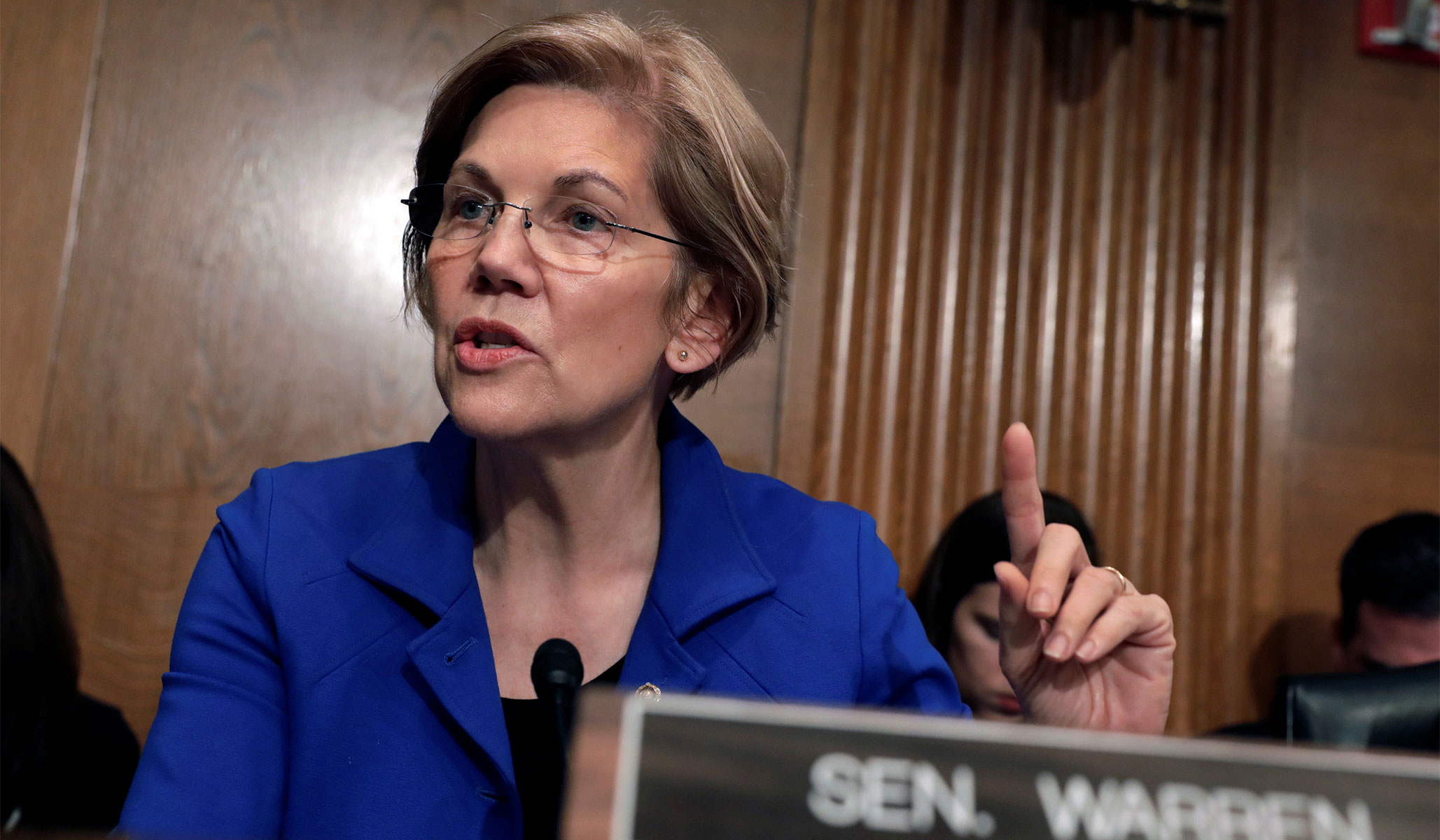By: The Editorial Board – wsj.com – June 9, 2024
Insurers are withdrawing from states, forcing policy holders to scramble for alternative coverage. State-backed insurers of last resort are swelling. Florida’s Citizens Property Insurance Corporation is now the largest insurer in the Sunshine State.
***
Progressives blame—what else?—climate change and corporate greed. Insurers have “underwritten financing fossil fuels, and then they profit from selling protection from the impacts of those fossil fuels on climate,” Massachusetts Sen. Elizabeth Warren proclaims. “And now when climate risks are rising, they’re trying to hang American families out to dry here and demanding either higher premiums or to get out of the market altogether.”
Well, no. The actual culprit is a bad storm of inflation, litigation abuse and government-made dysfunctions, which have been exacerbated by a string of bad weather.
Start with auto insurance rates, which have increased in tandem with accident claims and vehicle values. Used and new vehicle prices have increased 29.5% and 20.4%, respectively, since January 2020. More expensive cars cost more to insure. Prices for vehicle parts have risen 21.7% since the start of the pandemic while repair costs are up 48%.
Source: Bureau of Labor Statistics
The progressive anti-police movement has reduced traffic enforcement, resulting in more reckless driving and accidents. Deaths from alcohol-related crashes have risen by a third since 2019 even as arrests for driving under the influence and traffic citations have fallen 20%. Effect, meet cause.
Litigation abuse is also growing as plaintiff firms sue insurers for inflated damages. This is one reason, in addition to rising medical costs, that the average bodily injury claim has increased by some 80% since 2014. Excessive litigation accounted for about $4 billion in commercial auto insurance claim costs in 2021.
Unscrupulous plaintiff attorneys are also driving up homeowner premiums, using a playbook they developed in Florida. In 2021 Florida property and casualty insurers faced more than 100,000 lawsuits claiming $7.8 billion in damages—more than three times as much as in the other 49 states combined.
Insurers use “catastrophe models” to project potential damage from natural disasters. Harder to manage is regulatory and legal uncertainty, which is why insurers are retreating from some states. California regulators don’t allow insurers to fully price rising wildfire risk and reinsurance costs into premiums. They have also been slow to approve rate increases.
Gov. Ron DeSantis’s legal reforms in 2022 are helping to stabilize Florida’s market after numerous insurers exited. Florida experienced the second smallest increase in homeowner premiums during the first three months of this year, though its rates are still nearly 40% higher than the U.S. average. Don’t blame hurricanes alone.
Storms and wildfires are causing more damage, but this is largely because building values and repair costs have soared. Home construction material prices and labor costs have climbed by roughly 38% over the last five years. Insurers are also paying more for reinsurance against catastrophic events.
Higher interest rates and declining profitability are making it more expensive for insurers to raise capital, further pushing up premiums. Property and casualty insurers last year paid out $101.70 for every $100 they collected in premiums. Such losses are unsustainable, which means premiums will continue rising as insurers price in their growing costs.
***
Cue Democrats, who hope to exploit these problems to expand Washington’s control over property and casualty insurers, as they did over health insurers with ObamaCare. While the 1945 McCarran-Ferguson Act enshrined state regulatory authority over insurance, the Dodd-Frank Act created a Federal Insurance Office to “monitor” insurers.
Ms. Warren and 23 Democratic Members of Congress last month urged the FIO to subpoena data from insurers and states “to monitor issues and gaps in insurance regulations that could contribute to a systemic crisis and leave traditionally underserved communities without access to affordable insurance products.”
Progressives want to establish a national insurer of last resort and empower the feds to regulate rates, putting Pennsylvanians on the hook for mansions in Napa Valley. Don’t discount the odds in a second Biden term.
To see this article in its entirety and to subscribe to others like it, please choose to read more.
 Listen Online
Listen Online Watch Online
Watch Online Find a Station in Your Area
Find a Station in Your Area









 Listen Now
Listen Now Watch Online
Watch Online
